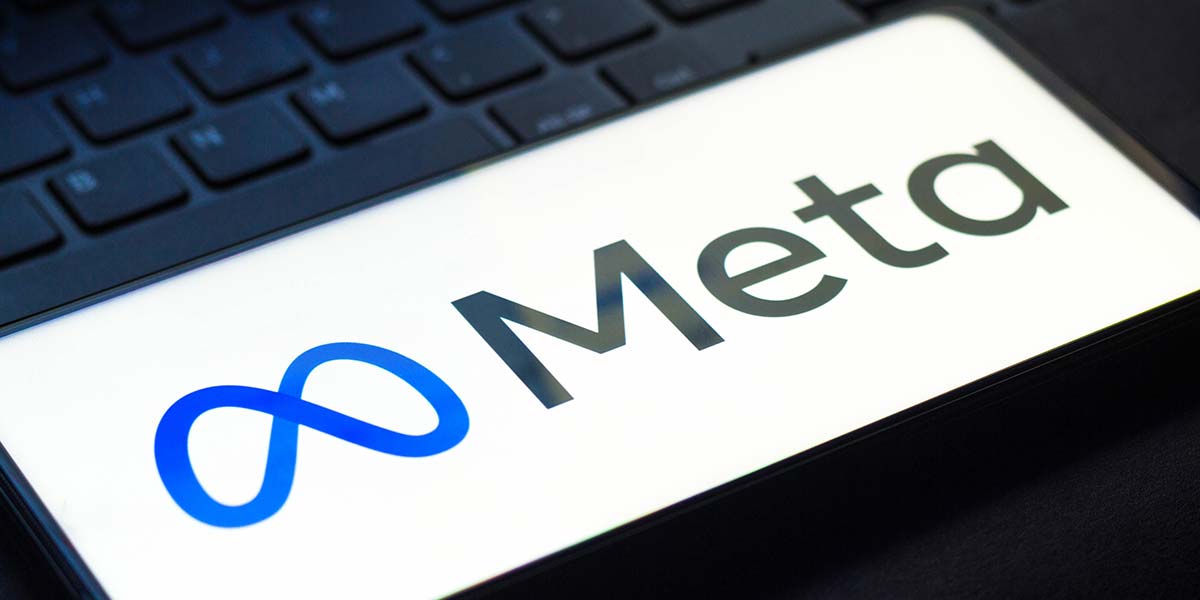Meta Platforms, the parent company of Facebook, secured a significant legal victory on Tuesday when a federal judge ruled the company does not possess a monopoly in social media, effectively blocking the U.S. government’s attempt to force Meta to divest Instagram and WhatsApp.
This outcome marks the first clear win for a major technology firm against an antitrust movement that began in President Donald Trump’s first term and represents a considerable setback for the U.S. Federal Trade Commission (FTC), which is also pursuing an antitrust lawsuit against Amazon.com.
The FTC had argued that Meta intentionally acquired Instagram and WhatsApp to remove upcoming rivals and sought court intervention to enhance competition by restructuring or selling those businesses.
According to a company spokesperson, Meta is committed to continuing collaboration with government partners and supporting investment and innovation in America, seeing its products as valuable for both people and businesses. Conversely, the FTC expressed disappointment and indicated it was considering its next steps.
Meta acquired Instagram in 2012 and WhatsApp in 2014. The FTC did not initially oppose these transactions but launched a lawsuit in 2020, asserting that Meta maintained a monopoly over U.S. platforms facilitating communication among friends and families. The agency identified Snapchat and MeWe as Meta’s main competitors and distinguished these private social platforms from public broadcasting services like TikTok, YouTube, Reddit, and X.
During the trial, the FTC referenced internal communications indicating Meta’s preference to buy competitive threats rather than challenge them directly. However, Meta countered that the FTC had overlooked competitive forces from platforms such as TikTok, YouTube, and Apple’s messaging service. The company defended its acquisition strategy as a legitimate business move centered on acquiring, rather than imitating, innovative product features.
U.S. District Judge James Boasberg in Washington agreed in large part with Meta, observing that the social media landscape has evolved significantly since the FTC first filed the case, noting evidence that users substitute between Meta’s services and competitors like YouTube and TikTok.
The judge highlighted that TikTok’s competitive presence had led Meta to invest $4 billion in developing Reels, its own short video-sharing feature. The ruling specified that the FTC erred by excluding YouTube and TikTok from the defined market in question, and that even considering TikTok alone would undermine the regulator’s argument.
The FTC’s spokesperson, Joe Simonson, commented that the agency faced challenges as Judge Boasberg, who currently faces impeachment articles, presided over the case.
Boasberg has previously overseen several prominent lawsuits against the Trump administration, while the president and some Congressional Republicans called for his impeachment earlier this year.
The legal battle involving Meta is part of a broader U.S. antitrust campaign targeting major technology firms, which also includes Department of Justice actions against Google’s parent Alphabet, as well as litigation facing Apple.





